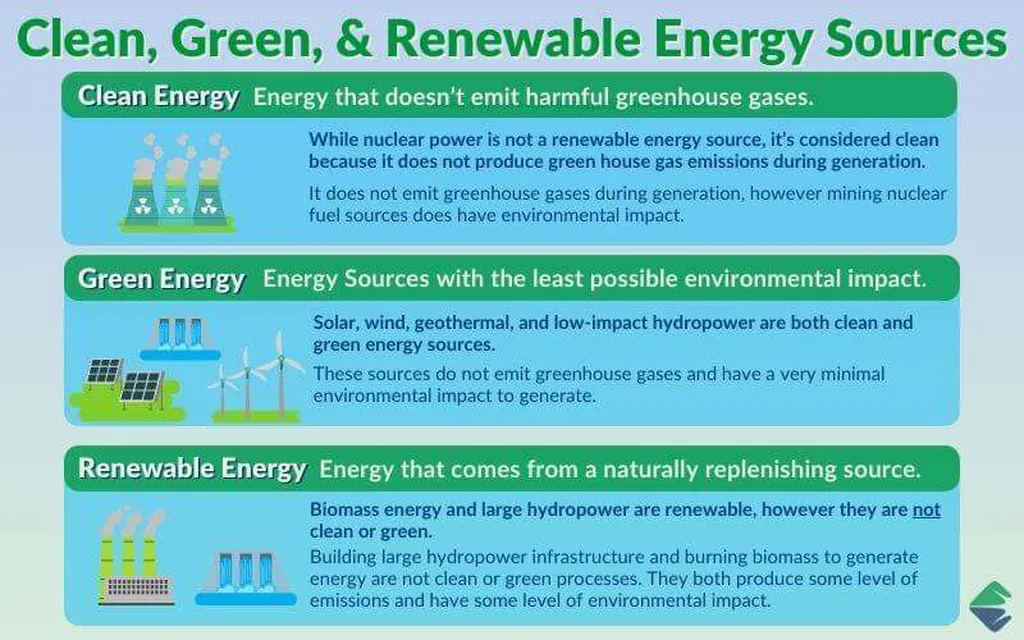In the quest for sustainable energy transitions, a new study published in *Discover Applied Sciences* sheds light on the critical role of energy technology assessment (ETA) in shaping the future of clean energy. Led by Md. Abdullah Al Mamun Hridoy from the Faculty of Fisheries at Sylhet Agricultural University, the research employs bibliometric analysis to map the progress, trends, and contributions of ETA research globally. The findings reveal a dynamic landscape where technology, policy, and innovation intersect to drive sustainable energy solutions.
The study, which analyzed data from Scopus, Web of Science, and Dimensions AI databases, identifies the United States, China, and the United Kingdom as leading contributors to ETA development. Citation and co-authorship analyses highlight strong collaborations among European and East Asian institutions, underscoring the global nature of energy research. “The multidisciplinary nature of ETA is crucial for informing policy regulations, guiding technological innovation, and optimizing sustainable energy systems,” Hridoy explains.
One of the most compelling aspects of the research is its focus on integrating ETA with digital technologies, such as AI-driven modeling and big data analytics. This integration is poised to enhance decision-making for low-carbon systems, a development that could have significant commercial impacts for the agriculture sector. As farms increasingly adopt renewable energy solutions, the ability to assess the technological, economic, social, and environmental impacts of these solutions becomes paramount. “By leveraging ETA tools, agricultural enterprises can make informed decisions that balance cost-efficiency with sustainability,” Hridoy notes.
The study also emphasizes the need for harmonized methodologies and region-specific ETA applications. This approach could bridge the gap between research evidence and practical implementation, particularly in developing economies where access to advanced energy technologies is often limited. “Policy frameworks that enable the adaptation of ETA tools to local contexts are essential for fostering sustainable energy transitions,” Hridoy adds.
Looking ahead, the research suggests that future ETA studies should explore cross-sectoral integration, further enhancing the relevance of ETA in diverse industries, including agriculture. As the world moves towards a low-carbon future, the insights gleaned from this study could shape the development of energy technologies that are not only efficient but also sustainable and equitable.

